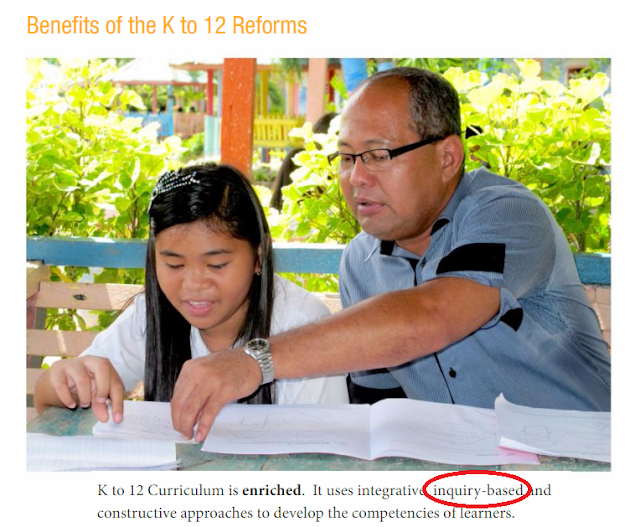No Homework Policy

In the General Chemistry class that I teach there is homework. I do find that homework is one place where technology can really help. My class currently subscribes to Sapling Learning . For each chapter, there is a set of about 20 problems and students generally have a week to finish these problems. The platform allows me to monitor each student's progress and anticipate difficulties students may be facing with the course material. The problems are not repetitive as each one has been chosen to focus on an important aspect or point within the chapter. The homework also offers an interactive learning experience as it provides hints and explanations. This can indeed benefit learning. After all, educational psychologists have demonstrated that practice problem solving and distributed practice are the most effective learning techniques. For homework to be effective, it has to be done right. For instance, when students try to finish their homework an hour before the deadline, it def...









